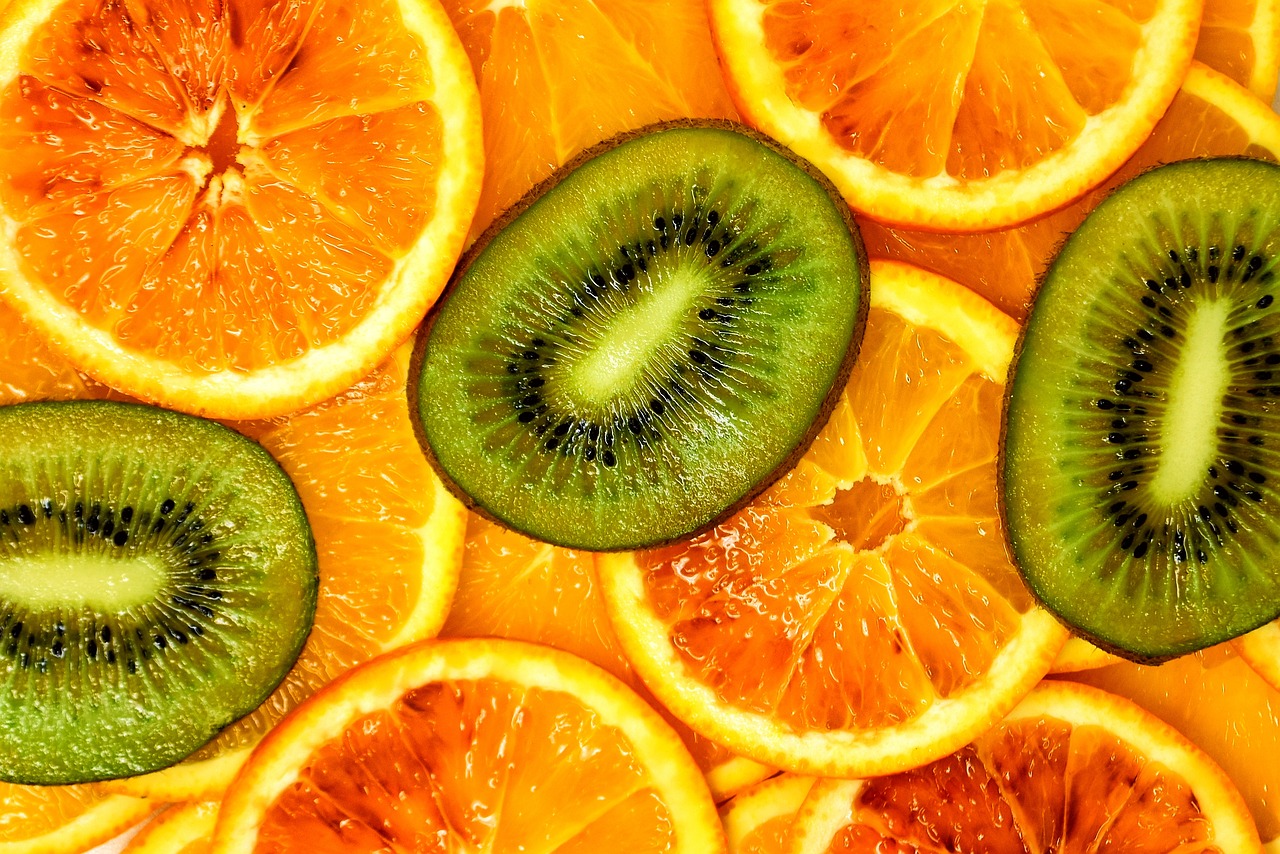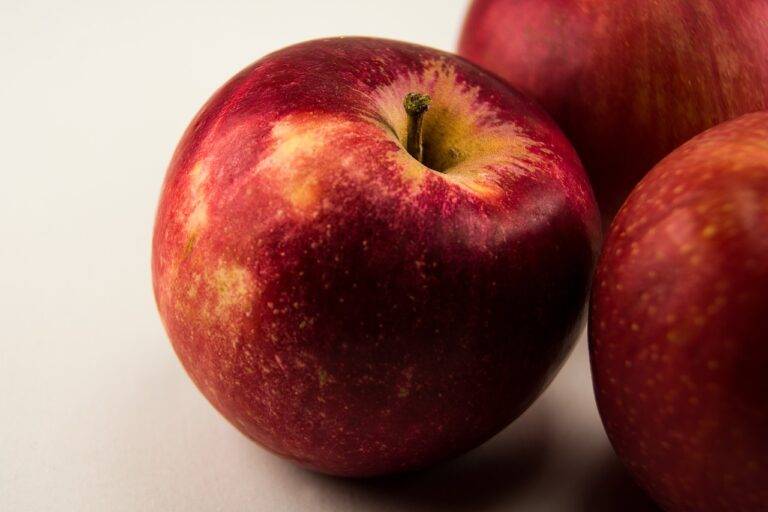Exploring the World of Dairy Alternatives
Soy milk is a popular dairy alternative made from soybeans. It is rich in protein, calcium, and vitamin D. With a creamy texture and slightly sweet taste, soy milk is a versatile option for those looking to replace traditional dairy products.
Almond milk is another common dairy alternative made from almonds and water. It is low in calories and a good source of vitamin E. Almond milk has a nutty flavor and works well in smoothies, baking, or enjoyed on its own.
Benefits of Dairy Alternatives
Plant-based dairy alternatives offer a wide array of benefits for individuals seeking to avoid traditional dairy products. These alternatives are often lactose-free, making them an excellent choice for those with lactose intolerance or dairy allergies. Additionally, many dairy alternatives are fortified with essential nutrients such as calcium, vitamin D, and B vitamins, making them a suitable replacement for dairy in a balanced diet.
Moreover, dairy alternatives are often lower in saturated fat and calories compared to traditional dairy products. This can be beneficial for individuals looking to manage their weight or improve their heart health. With the rise in popularity of plant-based eating, dairy alternatives have become more accessible and versatile, making it easier for people to incorporate them into their daily meals and snacks.
What are some different types of dairy alternatives?
Some popular dairy alternatives include almond milk, soy milk, coconut milk, oat milk, and rice milk.
What are the benefits of dairy alternatives?
Dairy alternatives are often lower in calories and cholesterol, making them a good option for those looking to maintain a healthy diet. They are also suitable for individuals who are lactose intolerant or have dairy allergies. Additionally, dairy alternatives can be fortified with essential nutrients such as calcium, vitamin D, and vitamin B12.





